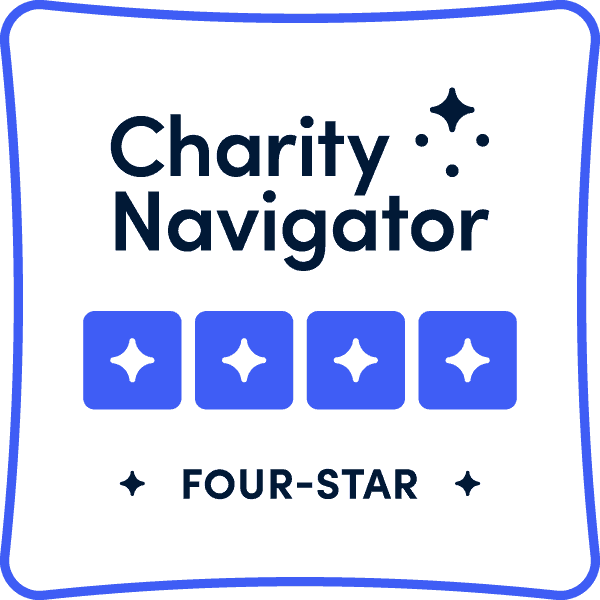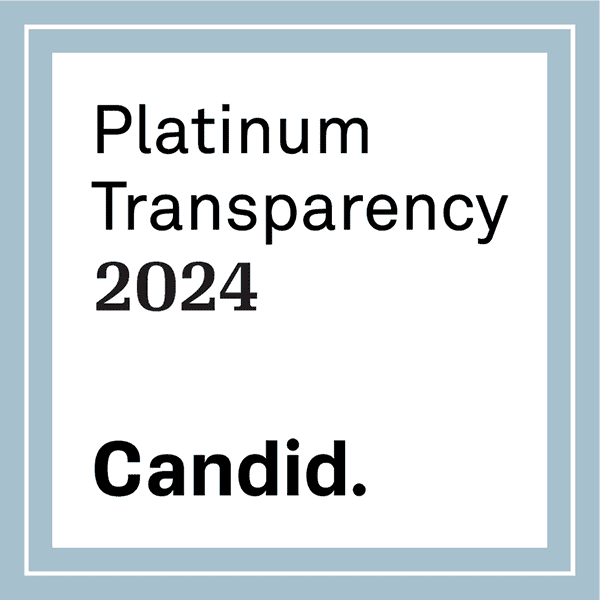Request for Proposals
Funding Opportunity
Capacity Building Grant for Expansion of PANS and Related Inflammatory Brain Disorders Healthcare Programs
Neuroimmune Foundation invites Doctors of Medicine (MDs) and Doctors of Osteopathic Medicine (DOs) to submit proposals for a Capacity Building Grant to support a medical system’s expansion of services related to patients with PANS and related inflammatory brain disorders.
We are now accepting proposals from those seeking to grow their capacity to:
- Evaluate and treat a greater number of patients with PANS and related inflammatory brain disorders and/or
- Diagnose and treat an expanded demographic of patients with PANS and related inflammatory brain disorders (such as a pediatric practice expanding to evaluate and treat adults) and/or
- Offer additional treatment options not currently available to patients in that setting (for instance, a PCP partnering with a specialist to offer immunotherapy) and/or
- Care for patients with inflammatory brain disorders that present similarly to PANS but do not meet strict diagnostic criteria for PANS nor encephalitis (such as patients presenting with sub-acute onsets of infection-triggered neuropsychiatric illnesses, patients presenting for the first time as young adults, etc.) and study or characterize these patients more formally. Proposals in this category are limited to clinical programs that do qualitative research or iterative clinical research in this area.
The grant recipient will receive up to $250,000 in a two-year period, with additional funding possible in subsequent years.
PANS/Inflammatory Brain Disorders Capacity Building Grant Objectives
- Increase the capacity of the hospital/clinic system to serve a greater number of patients with PANS/related inflammatory brain disorders or a new demographic of patients with PANS/related inflammatory brain disorders or offer additional treatment options to patients with these conditions or care for and more formally study and characterize patients with illnesses similar to PANS.
- Foster collaboration with other clinicians to ensure patients receive comprehensive, multidisciplinary care as needed for their unique medical needs.
Eligibility Criteria
- MD or DO with experience diagnosing and treating patients with PANS/related inflammatory brain disorders or a strong desire to learn how to diagnose and treat this patient population effectively.
- In-network with multiple insurance plans and accepts Medicaid.
- Both hospital and clinic-based practices are eligible.
- Prior participation in Neuroimmune Foundation’s CME events or a willingness to review ~10 hours of selected webinars overviewing the latest diagnosis, treatment, and research advances in PANS and related inflammatory brain disorders.
- Based in the United States.
Letters of Intent (LOIs)
Letters of intent will be reviewed for innovation and potential impact, merit, and relevance.
The LOI is limited to a 700-word description submitted via email by April 30, 2024, summarizing at a high level a plan for building or enhancing capacity to serve patients with PANS/related inflammatory brain disorders. LOIs should include a summary of the sustainability strategy.
If an LOI is accepted, an invitation to submit a full grant proposal as detailed below will be extended.
Grant Proposal Submission
If selected to submit a full proposal, the grant proposal should be submitted via email by September 15, 2024. Submissions should be limited to 3500 words and must include a budget narrative as well as a line-item budget. Interested individuals or groups must submit a detailed proposal addressing the following:
- Organizational background and experience of the project lead related to treating PANS/related inflammatory brain disorders
- Any previous clinical, translational, or basic research completed by the clinic/hospital/project lead
- Any resources developed by the clinic/hospital/project lead for evaluation or treatment of PANS/related inflammatory brain disorders
- A plan for building or enhancing capacity to serve patients with PANS/related inflammatory brain disorders
- A sustainability strategy for the program once the funding period ends
- Specific aims of the project, including desired project outcomes
- A budget and a clear timeline for project implementation
- A monitoring and evaluation plan for assessing project outcomes
- Formal assurance that the project is deliverable and has the support of the hospital, clinic, or organization submitting the proposal
Evaluation Criteria
Proposals will be evaluated based on the following criteria:
- Relevance and comprehensiveness of the proposed approach
- Cost-effectiveness and budget clarity
- Plan for sustainability beyond the grant period
- Demonstrated competence and successful follow-through on prior projects
Grant Details
The grant amount, disbursement schedule, and reporting requirements will be finalized upon selection. Proposals for grants up to $125,000 annually for two years ($250,000 total) will be accepted. Applicants may propose a lesser amount. Awardees who demonstrate successful completion of deliverables at the end of the third quarter of the grant year will remain eligible to receive subsequent funding. Quarterly progress reports (simple one-page documents) are required and will be due 15 business days after the end of each quarter. Continued funding is contingent upon accomplishing the outlined goals and deliverables on the timeline detailed in the proposal. Up to 8% of indirect costs may be reimbursed.
Examples of potential capacity-building activities
Neuroimmune Foundation encourages applicants to propose innovative activities to achieve the outlined goals. Applicants can propose other activities not listed below.
- Increasing staffing to increase clinic capacity (e.g., by adding trained clinicians or by training clinicians within the health system in PANS/related inflammatory brain disorders management)
- Expanding services to adults with PANS/related inflammatory brain disorders
- Expanding services to care for patients with inflammatory brain disorders presenting similarly to PANS who do not meet strict criteria while also studying or characterizing this population further. Proposals in this category would be limited to clinical programs that do qualitative research or iterative clinical research in the area.
- Expanding services to care for and study patients outside of typically accepted patient groups at academic centers (such as patients with chronic/static presentations, patients who have been ill for many years, patients with autism or related neurodevelopmental disorders, etc.). Please note that centers must accept patients from any geographical location in the U.S. to be considered for this grant.
- Establishing or improving referral relationships with specialists to offer a broader array of treatment options to patients, such as immunotherapy
- Expanding services to new regions and/or populations, particularly underserved, rural, vulnerable, or minority populations, through telehealth, satellite or mobile clinics, clinician-to-clinician consultative services, partnerships with rural clinicians, or other strategies
- Adding bilingual clinicians to provide patient-physician language-concordant services
- Education, training, and consultative services for primary care practices (e.g., Project ECHO-like models, webinars, clinician education materials, train-the-trainer models) to increase primary care clinicians’ ability to identify, manage, and refer patients with PANS/related inflammatory disorders
- Establishment of an e-consult system to provide asynchronous clinical and care management support to primary care clinicians from PANS/related inflammatory brain disorders clinic staff
Summary
| Letter of Intent Deadline | April 30, 2024 |
| Proposal Deadline | September 15, 2024 |
| Notification of Award | October 15, 2024 |
| Year One Funding Available | December 15, 2024 |
| Year Two Funding Available | December 15, 2025 |
| Contact Information: | For inquiries and proposal submission, please contact Kelly DeWeese at kelly@neuroimmune.org. |
| Evaluation and Selection: | Proposals will be evaluated based on the abovementioned criteria. The selection committee will conduct a thorough review and may request additional information or clarification from applicants. The final selection will be based on the overall merit and alignment with the grant’s goals. |
Neuroimmune Foundation looks forward to receiving innovative and comprehensive proposals.
Neuroimmune Foundation Background
Founded in 2017, Neuroimmune Foundation is a 501(c)(3) non-profit organization dedicated to improving outcomes for individuals with inflammatory brain conditions.
We are committed to dramatically accelerating physician education of inflammatory brain disorders, significantly improving outcomes for individuals impacted by these disorders through prompt diagnosis and insurance-based care, providing meaningful support to families during their darkest days, and catalyzing research of these conditions.
We aim to accomplish these goals by sponsoring high-quality medical education, fundraising for research and fellowships, and directly supporting families. Neuroimmune Foundation has provided accredited Continuing Medical Education (CME) to over 5500 clinicians across the past five years and has served 20,000 patients and families. Additionally, the Neuroimmune Foundation has funded two fellowships (UCSF and Stanford) and provided two grants to Stanford to research plaque microbiome in PANS and disease-modifying antirheumatic drugs (DMARDs) in PANS.













